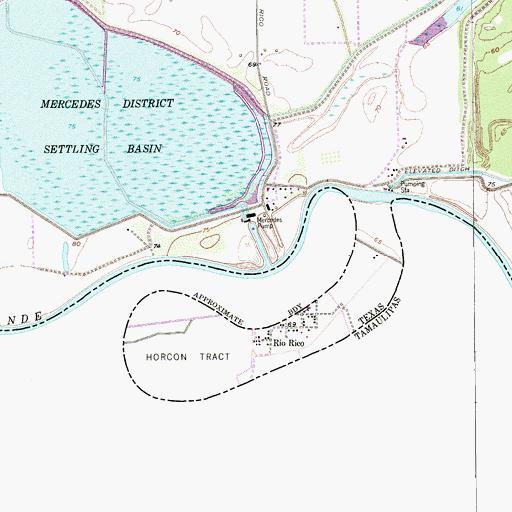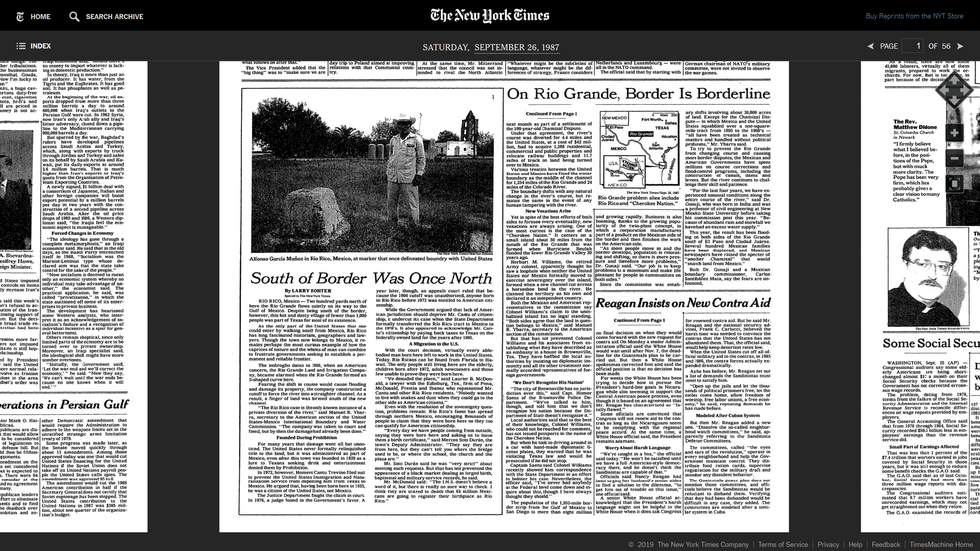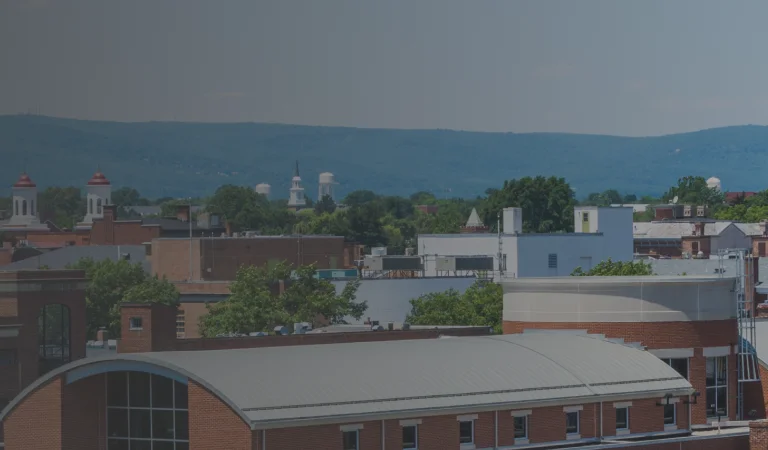Luqman Law believes pursuing U.S. citizenship should be an accessible, equitable process for long-term permanent residents. Sometimes, incredible, unforeseen challenges can present themselves. Even residents who have lived and worked in the U.S. for decades can suddenly have their naturalization applications denied over surprise allegations and technicalities.
In 2020, Devin Luqman, Esq. of Luqman Law, took on the case of client Mr. J., a Mexican-born green card holder who applied for citizenship after residing in the U.S. since childhood. Despite Mr. J. meeting all eligibility requirements, the U.S. Citizenship and Immigration Services (USCIS) claimed it had uncovered records showing his father was born in Mexico, not Texas, as claimed. His father’s purported birthplace formed the basis for Mr. J’s green card.
USCIS stated Mr. J’s permanent residency was invalid, jeopardizing his path to citizenship. However, our tireless investigation into obscure historical documents revealed Mr. J.’s father was likely born in the Horcon Tract, a disputed slab of land along Texas’s southern border that conferred simultaneous U.S. and Mexican citizenship at the time.
THE HORCON TRACT

The Horcon Tract was an area of land along a bend in the Rio Grande River that was disputed territory between Mexico and the United States in the early 20th century. Though technically part of Mexico, the Horcon Tract was isolated on the U.S. side of the Rio Grande after floods caused the river to change course in the 1920s and 1930s. As a result, the Mexican town of Rio Rico expanded northward into the tract. By the 1940s, two-thirds of Rio Rico existed on U.S. soil in the Horcon Tract, though it was under Mexican jurisdiction and control.
This created a unique situation where some residents of Rio Rico in the Horcon Tract were born on U.S. soil, conferring birthright U.S. citizenship under the 14th Amendment and being born in an area under Mexican control, making them Mexican citizens. They could freely cross into and live in both countries as dual citizens. This set an important legal precedent in the Matter of Cantu case cited by Luqman Law, establishing dual citizenship for Mexicans born in the Horcon Tract before 1972 when it was officially ceded to Mexico.

Therefore, Luqman Law argued their client’s father was in this category as someone born in the Horcon Tract region in 1924 who maintained dual Mexican and U.S. citizenship, allowing him to settle his family in the United States freely.
With this breakthrough evidence regarding the Horcon Tract’s complex history, Luqman Law built a compelling legal argument citing the Matter of Cantu precedent. We convinced USCIS that rather than lying about his origins, Mr. J.’s father rightfully claimed dual Mexican and American citizenship, so his son, Mr. J., was thus entitled to U.S. permanent residency and could pursue his citizenship application. Mr. J. is now a United States Citizen!
Mr. J.’s unique case illustrates how even long-established permanent residents can have their paths to naturalization unexpectedly challenged over disputes surrounding relatives and technicalities. With an intimate knowledge of overlooked areas of immigration law and history, the skilled attorneys at Luqman Law can unravel these complications and fight for clients’ citizenship rights.





